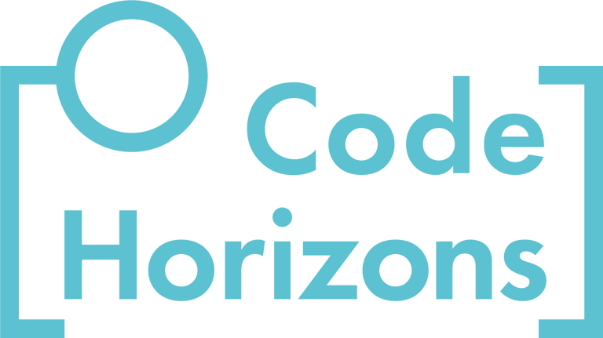On April 21-22, 2017, I will be offering a seminar on causal mediation analysis in Philadelphia with Statistical Horizons. The course will cover very recent developments in this area.
Mediation is about the mechanisms or pathways by which some treatment or exposure affects an outcome. Questions about mediation arise with considerable frequency in the biomedical and social sciences. Various approaches have been used in the social sciences for decades, especially in psychology. However, the new literature on mediation from the perspective of causal inference has helped clarify the assumptions that are being made by these analyses. It has also generalized the approach to a much broader class of settings.
LEARN MORE IN A SEMINAR WITH TYLER VANDERWEELE
The course will cover many of these new advances. We will also talk about the relationships between the newer methods and the approaches that have been used in the biomedical and social sciences.
I have published a book on this topic with Oxford University Press:
The course will cover a lot of the material in Chapters 1-8 of the book, and the book will also serve as a useful reference for the course. Both the book and the course are based on a longer course on mediation and interaction that I have taught at Harvard for several years. I have managed to distill the essential content of that course into material that can be covered in just two days, so the course will provide a fairly comprehensive overview in a relatively short period of time.
The course will also provide an introduction to concepts in causal inference and so might be a fairly accessible way into that literature. The prerequisites for the course are fairly minimal, however, so I’ll essentially just be assuming some familiarity with linear and logistic regression. I have worked hard to make the course as accessible as possible, and have now taught and refined the material numerous times.
The rough outline of the course and the broad topics we will cover are as follows:
- Concepts and Methods for Mediation
- Sensitivity Analysis
- Mediation with Time-to-Event Outcome
- Multiple Mediators
- Surrogate Outcomes
- A Unification of Mediation and Interaction
More specifically, the course will cover the relationship between traditional methods for mediation in the biomedical and the social sciences and new methods in causal inference. For dichotomous, continuous, and time-to-event outcomes, we will discuss when the standard approaches to mediation analysis are valid or not valid, and we’ll extend these to more complex settings.
The no-confounding assumptions needed for these techniques will be described. SAS, SPSS and Stata macros to implement these techniques will be explained and distributed to course participants. The use and implementation of sensitivity analysis techniques to assess the how sensitive conclusions are to violations of assumptions will be covered, along with extensions to multiple mediators.
If you have any questions about the course feel free to drop me a note (tvanderw@hsph.harvard.edu) and I would be happy to try to provide further information. In any case, I would of course be happy to have you there.


